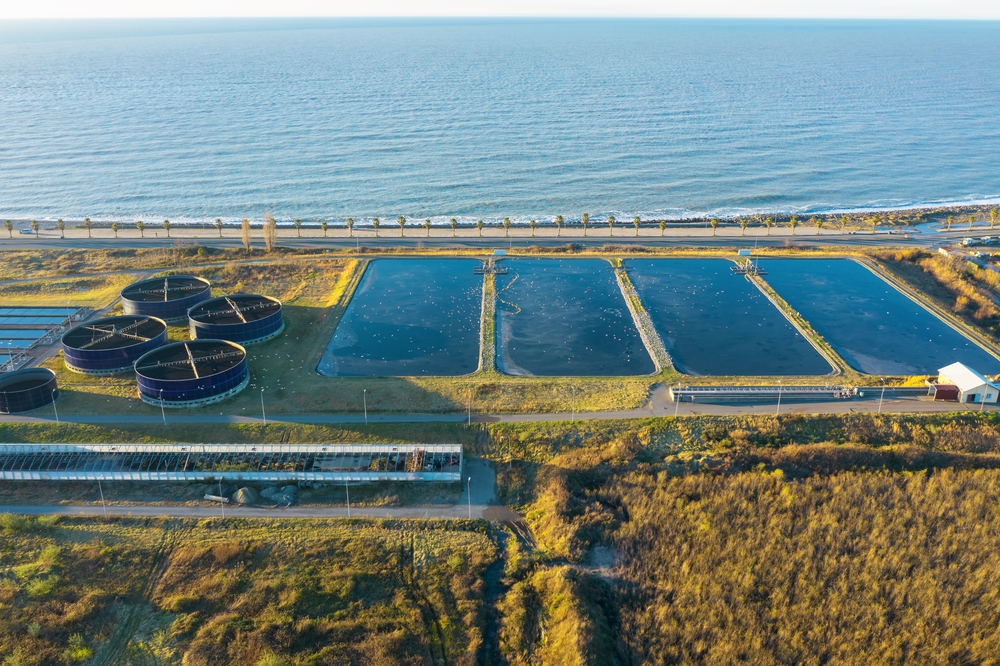

This course is very crucial in comprehending the entire picture of environmental policy, its structure. It gives basic knowledge about the context and ways of creating, realizing, and controlling policy with regard to betterment of environment and minimizing its non-compliance risks.
| City | Start Date | End Date | Fees | Register | Enquire | Download |
|---|---|---|---|---|---|---|
| Vienna | 23-06-2025 | 27-06-2025 | 6200 $ | Register | Enquire | |
| Amsterdam | 07-07-2025 | 11-07-2025 | 6200 $ | Register | Enquire | |
| Cairo | 14-07-2025 | 18-07-2025 | 3950 $ | Register | Enquire | |
| Madrid | 21-07-2025 | 25-07-2025 | 6200 $ | Register | Enquire | |
| Kuala Lumpur | 28-07-2025 | 01-08-2025 | 4950 $ | Register | Enquire | |
| Amsterdam | 04-08-2025 | 08-08-2025 | 6200 $ | Register | Enquire | |
| London | 18-08-2025 | 22-08-2025 | 6200 $ | Register | Enquire | |
| Dubai | 01-09-2025 | 05-09-2025 | 4300 $ | Register | Enquire | |
| Cairo | 08-09-2025 | 12-09-2025 | 3950 $ | Register | Enquire | |
| Casablanca | 15-09-2025 | 19-09-2025 | 4950 $ | Register | Enquire | |
| Barcelona | 22-09-2025 | 26-09-2025 | 6200 $ | Register | Enquire | |
| Istanbul | 29-09-2025 | 03-10-2025 | 4950 $ | Register | Enquire | |
| Dubai | 06-10-2025 | 10-10-2025 | 4300 $ | Register | Enquire | |
| Kuala Lumpur | 20-10-2025 | 24-10-2025 | 4950 $ | Register | Enquire | |
| Krakow | 27-10-2025 | 31-10-2025 | 6200 $ | Register | Enquire | |
| Dubai | 03-11-2025 | 07-11-2025 | 4300 $ | Register | Enquire | |
| Cairo | 10-11-2025 | 14-11-2025 | 3950 $ | Register | Enquire | |
| London | 17-11-2025 | 21-11-2025 | 6200 $ | Register | Enquire | |
| Amsterdam | 24-11-2025 | 28-11-2025 | 6200 $ | Register | Enquire | |
| Zurich | 01-12-2025 | 05-12-2025 | 5600 $ | Register | Enquire | |
| Dubai | 08-12-2025 | 12-12-2025 | 4300 $ | Register | Enquire | |
| London | 15-12-2025 | 19-12-2025 | 6200 $ | Register | Enquire | |
| Cairo | 22-12-2025 | 26-12-2025 | 3950 $ | Register | Enquire |
In this environmental policy training course, participants will explore the essential components of environmental policy, including its definition and relevance to both organizations and society. Whether participants are experienced professionals or new to the field, they will gain practical skills applicable to real-world projects. A legal background is not required, but it can be beneficial.
The course addresses key issues such as the sources and scope of institutional frameworks for environmental policy analysis and policymaking. Equipped with tools for informed decision-making and policy implementation, participants will become change agents, driving a sustainable future.
This course is designed to provide the knowledge and insights needed to overcome environmental challenges, with a focus on watershed management. Participants will learn the definition of environmental policy, the role of an environmental policy analyst, and the implementation of the Environmental Policy Act.
So, what is environmental policy? This question sets the foundation for the course. Environmental policy refers to a legislative category that includes laws, norms, agreements, management practices, and other actions directed at environmental protection within government or performing agencies.
For those seeking practical experience, an environmental policy internship offers an excellent opportunity to contribute to policy-making. Participants will gain hands-on experience in implementing environmental policies and exploring clean technology.
Given the complexity and importance of the environmental policy process, this course integrates several steps, including building a conceptual model, conducting detailed policy analysis and design, and evaluating policy effectiveness. Participants will develop competencies in environmental policy development, planning, and management, enabling them to make a meaningful impact in this critical area.
By the end of this environmental policy course, participants will be able to:
Unit 1: Basic Concepts of Environmental Policy
Unit 2: Development and Execution of Policy
Unit 3: Environmental Impact Assessment (EIA)
Unit 4: International Environmental Issues and Agreements
Unit 5: Business Ethics Compliance & Sustainability Management
This environmental policy course will help participants appreciate the complexities of environmental policy development, implementation, and global environmental issues. Through a combination of theoretical knowledge and practical insights, participants will learn how to effectively navigate environmental policies and overcome challenges in policy implementation.



















